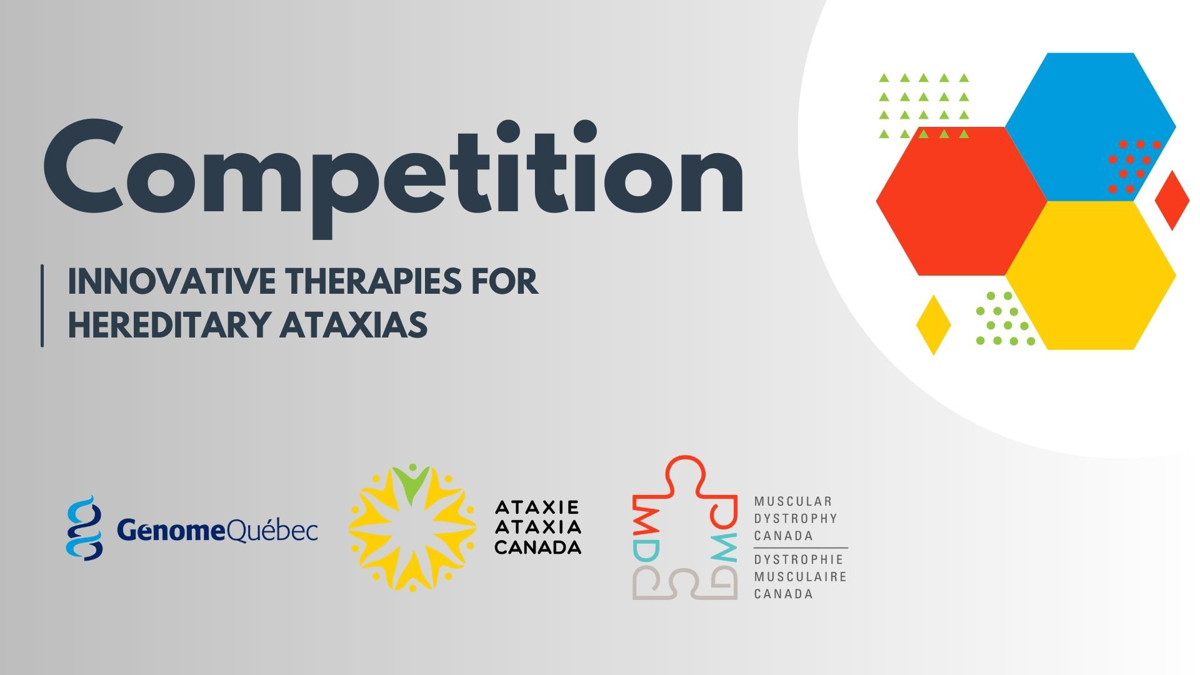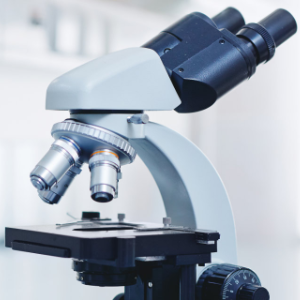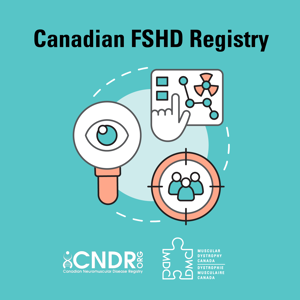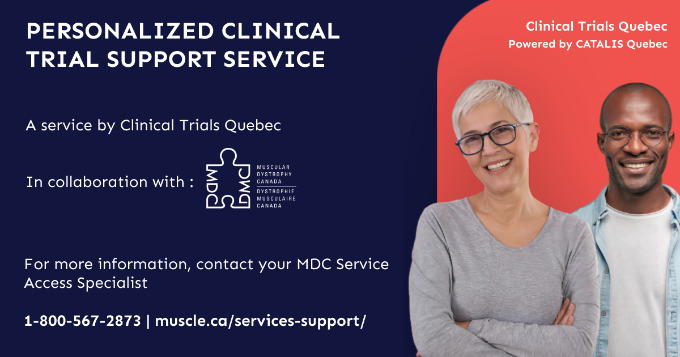Toronto, Ontario – Muscular Dystrophy Canada (MDC) and the Neuromuscular Disease Network for Canada (NMD4C) are proud to announce the launch of imPORTND, an online patient-oriented research (POR) training platform.
The imPORTND platform offers online, self-directed, free training modules on how to conduct research that is informed by, and most meaningful to individuals living with neuromuscular disorders. The modules are designed for all members of the study team: including researchers, lab staff, and patient- and family partners.
“Canadians affected by neuromuscular disorders and their families are increasingly asked to take an active role in research, but they often feel unprepared to participate,” said Dr. Homira Osman, Vice President, Research and Public Policy, Muscular Dystrophy Canada. “The training provided through imPORTND will ensure people have the confidence and knowledge needed to be involved in all stages of research: decision-making, design, planning, delivery, evaluation and knowledge mobilization. The modules will help ensure patient and family partners are well-equipped to share their lived expertise, guide discussions and inform decisions regarding health care, research, and therapy development with policymakers, industry and scientists.”
Focused on a ‘Nothing about me; without me’ patient-centred approach, imPORTND was co-developed with a team of expert patient partners, clinicians, researchers, and patient partner organization members, and is the first POR training developed specifically for neuromuscular disorder research.
“When patients and researchers collaborate on projects, the work they co-create is more meaningful and able to make real and positive impacts. Learning to work together is what ‘imPORTND’ is all about. The modules focus on the tools, skills and relationships needed by researchers, patient-partners and clinicians to partner for work that is more inclusive, equitable, diverse and accessible.,” said Dr. Kathryn Selby, Medical Director, Pediatric Neuromuscular Program of BC and the Yukon and Patient-Oriented Resources Lead Investigator at the Neuromuscular Disease Network for Canada.
The neuromuscular community is excited to participate in projects that impact them directly.
“As patient partners, our voices give deeper understanding to neuromuscular conditions, with each one of us sharing our unique lived experiences. Together with medical research teams, we prioritize meaningful timely research that immediately serves to improve quality of life,” said Linda Niksic, NMD4C Patient Research Partner, and contributor to the imPORTND training modules.
Additional information about imPORTND, can be found at importnd.neuromuscularnetwork.ca.
-30-
ABOUT MUSCULAR DYSTROPHY CANADA
Muscular Dystrophy Canada’s mission is to enhance the lives of persons affected by neuromuscular disorders by continually working to provide ongoing support and resources while relentlessly searching for cures through well-funded research. To learn more about MDC, please visit muscle.ca or call our toll-free number at 1-800-567-2873.
MEDIA CONTACT
Heather Rice
Muscular Dystrophy Canada
Heather.Rice@muscle.ca
902-440-3714












